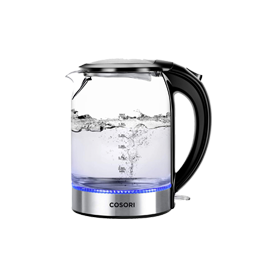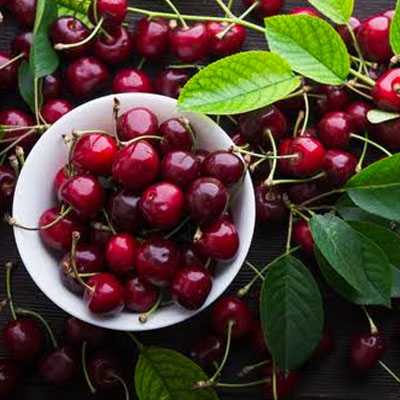What Is English Breakfast Tea?
English breakfast tea is a strong blend of black tea that is commonly consumed in England and other parts of the United Kingdom. It is typically brewed using loose-leaf tea or tea bags in a teapot.
English breakfast tea has a robust, full-bodied flavor with a strong, malty taste and bitterness. It is usually served with milk and sugar.
English breakfast tea's caffeine content is high. Although it is an ideal choice for the morning, it can be enjoyed at any time of the day. English tea is often served with biscuits, scones, or cakes.
How Much Caffeine Is In English Breakfast Tea?
English breakfast tea is a black tea that naturally contains caffeine. The amount of caffeine can vary depending on the blend and brewing method. However, on average, a cup of English breakfast tea contains around 50-90 mg of caffeine.
Caffeine content can also be affected by the steeping time and temperature, with longer and hotter steeping resulting in higher caffeine levels.
What Is The Difference Between English Breakfast Tea And Regular Black Tea?
English breakfast tea is also typically stronger and fuller than regular black tea.
The main difference between English Breakfast Tea and regular black tea is the type of tea leaves used, which gives them different taste profiles and properties.
Additionally, English breakfast tea is traditionally served with milk and sugar, while regular black tea is usually enjoyed plain or with a slice of lemon.
How To Make the Best English Breakfast Tea at Home?
To make the best English breakfast tea at home,
- Start with high-quality loose-leaf tea.
- Boil fresh water in a kettle. Make sure to use fresh water to avoid a stale taste in tea.
- Warm your teapot by filling it with hot water, then pouring the water out. This will help keep your tea hot while it steeps.
- Add one teaspoon of loose-leaf tea per cup of water to the teapot. If you prefer a stronger cup of tea, add an additional teaspoon of tea leaves.
- Pour the hot water over the tea leaves and let the tea steep for 3-5 minutes, depending on your taste. For a stronger cup of tea, steep for 5 minutes.
- Remove the tea leaves from the teapot using a tea strainer or pour the tea through a strainer as you pour it into the teacup.
What Type of Tea Is Best for English Tea?
When selecting tea for English tea, it's important to choose high-quality loose-leaf tea or tea bags that contain a blend of black teas from different regions. This will ensure that you get the rich, complex flavor that is characteristic of English tea.
What Type of Milk Is Best for English Tea?
The type of milk that is typically used in English tea is whole milk. Whole milk has a creamy texture and a slightly sweet flavor that complements the bold, robust flavor of black tea.
However, the choice of milk is a matter of personal preference. You can use skim milk or 2% milk. While you can also prefer to use non-dairy milk alternatives, such as almond milk or soy milk.
In general, the best type of milk for English tea is one that adds a creamy texture and a slightly sweet flavor without overpowering the taste of the tea.
How To Serve English Tea?
Enjoy this English tea type as breakfast or afternoon tea. Serve it with biscuits, cakes, or pastries for a sweet treat. It pairs well with savory breakfast foods like eggs, bacon, and toast.
Here are our delicious recipes that you can serve with English Breakfast Tea:
- Homemade Banana Bread
- Blueberry Scones
- Gluten-Free Lemon Cookies
- Sticky Toffee Pudding
- Flourless Black Bean Brownies
How To Store English Tea?
To ensure the quality and freshness of English tea, store it properly. Here are some tips for storing English tea:
- Store English tea in an airtight container, such as a tea tin or glass jar with a lid.
- Store it in a cool, dry, and airtight place away from light, heat, and moisture. Tea should be stored in a cool, dry place away from light and heat sources. The ideal temperature for storing tea is between 60- 80 °F (15-27 °C).
- Don't store tea in the refrigerator or freezer, as the moisture and odors can affect the flavor of the tea.




































